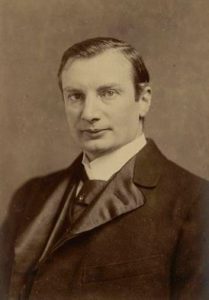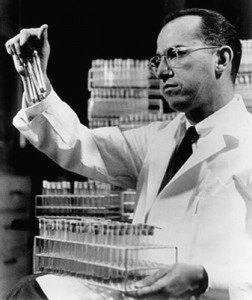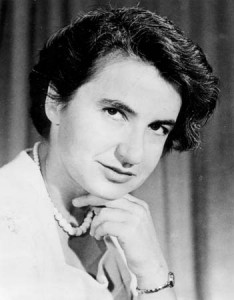“Saviour of Humanity”
Vladimir Mordechai Aaronovich Chavkin (1860-1930) was born to a Jewish-Russian family in what is now Ukraine. As a young man, he was a member of the Jewish League for Self-Defense, a group that protected Jews during pogroms. In one such event, he was injured and arrested. His teacher Elie Metchnikoff, the “father of immunology” (and former Jew of the Week), helped to have him freed from prison. Metchnikoff was soon forced to flee to Paris, and Chavkin joined him there some time later. For a time, the two worked together with Louis Pasteur. Chavkin (by this point going by Waldemar Wolff Haffkine) initially focused on the study of protist species before moving over to bacteria. Following major outbreaks of cholera, he was determined to find a vaccine, and experimented on himself to do so. Although he was succesful, his work was not accepted in Europe, so Haffkine went to India. There, he vaccinated 55,000 people while surviving both malaria and an assassination attempt by Muslim extremists. India then suffered a deadly outbreak of bubonic plague, so the government asked Haffkine for help. He worked tirelessly for three months (during which time all of his assistants quit), again experimenting on himself, and developed a working vaccine. By the end of the century, Haffkine’s vaccines were given to over four million people in India. Europeans finally took notice. When Russia had a cholera outbreak shortly after, Haffkine’s vaccine saved thousands of lives. By this point, he had been knighted by the Queen of England, and described by Lord Joseph Lister as a “saviour of humanity”. Throughout his career, Haffkine had to battle anti-Semitism, and persistent attempts at converting him to Christianity. In the last decades of his life, he became deeply religious and committed to Orthodox Judaism, even writing a treatise called A Plea for Orthodoxy, and establishing the Haffkine Foundation to spread traditional Jewish teachings, especially among so-called “enlightened” Jews. Haffkine was also a staunch Zionist, formulating his own plan to establish a Jewish state in the Holy Land, and negotiating with the Ottoman Empire to do so. Unfortunately, his plans were rejected. Nonetheless, Haffkine is immortalized in history as the inventor of the cholera and bubonic plague vaccines, and a man who saved countless lives around the world.
Words of the Week
Few men are willing to brave the disapproval of their fellows, the censure of their colleagues, the wrath of their society. Moral courage is a rarer commodity than bravery in battle or great intelligence. Yet it is the one essential, vital quality for those who seek to change a world which yields most painfully to change.
– Robert F. Kennedy


